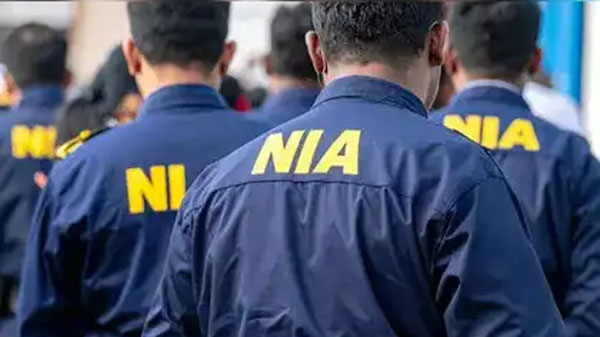Daijiworld Media Network - New Delhi
New Delhi, Nov 27: Radicalisation has emerged as a pressing national security threat in India, with senior Intelligence Bureau (IB) officials warning that the situation demands swift and coordinated action. The recent exposure of the Faridabad module—followed by the deadly Red Fort blast that claimed 13 lives—has highlighted the growing extent of extremist indoctrination among certain groups.
According to IB officials, radicalisation is no longer confined to specific pockets of the country; instead, it has spread across regions, requiring a nationwide response. They noted that the threat is evolving in two dangerous forms: organised radicalisation through established modules, and a rapidly expanding pattern of self-radicalisation among youth—considered even more lethal because such individuals tend to act independently and with greater conviction.

Cybersecurity teams have already been tasked with aggressively removing extremist propaganda from online platforms. High-level meetings in New Delhi have concluded that the problem must be confronted on a “war footing,” with combined on-ground and online operations.
Multiple madrasa teachers and clerics are currently under the scanner. Officials said that the process of identifying those actively involved in radicalising young people is underway, and a wave of arrests is expected. Authorities are also closely monitoring clerics based abroad, particularly those believed to be working with Pakistani agencies to influence Indians.
Investigations into the Faridabad module revealed that many of its members were self-radicalised doctors who used their own salaries to acquire ammonium nitrate and other chemicals. Though inspired by Jaish-e-Mohammad, their operational methods resembled those of the Islamic State, officials said.
The Union Home Ministry has reiterated its directive to dismantle radicalisation networks, particularly online ecosystems that reinforce extremist narratives. Agencies stress that this will be an ongoing battle, as terror organisations continually update and circulate new material.
During a recent crackdown, authorities identified Maulana Samshul Huda Khan, a government-recognised madrasa teacher from Azamgarh, Uttar Pradesh, who had quietly relocated to the UK, acquired citizenship there, and allegedly worked with a Pakistan-based religious outfit to radicalise Indians.
Intelligence inputs have also flagged an intensified radicalisation drive in southern states like Kerala and Tamil Nadu, attributed in part to longstanding Wahhabi influence. Officials cautioned that external preachers—who previously visited these states for large-scale indoctrination—may attempt to revive such networks.
Findings from the Faridabad investigation further indicated plans to establish similar modules nationwide, underscoring the urgent need for comprehensive counter-radicalisation measures.